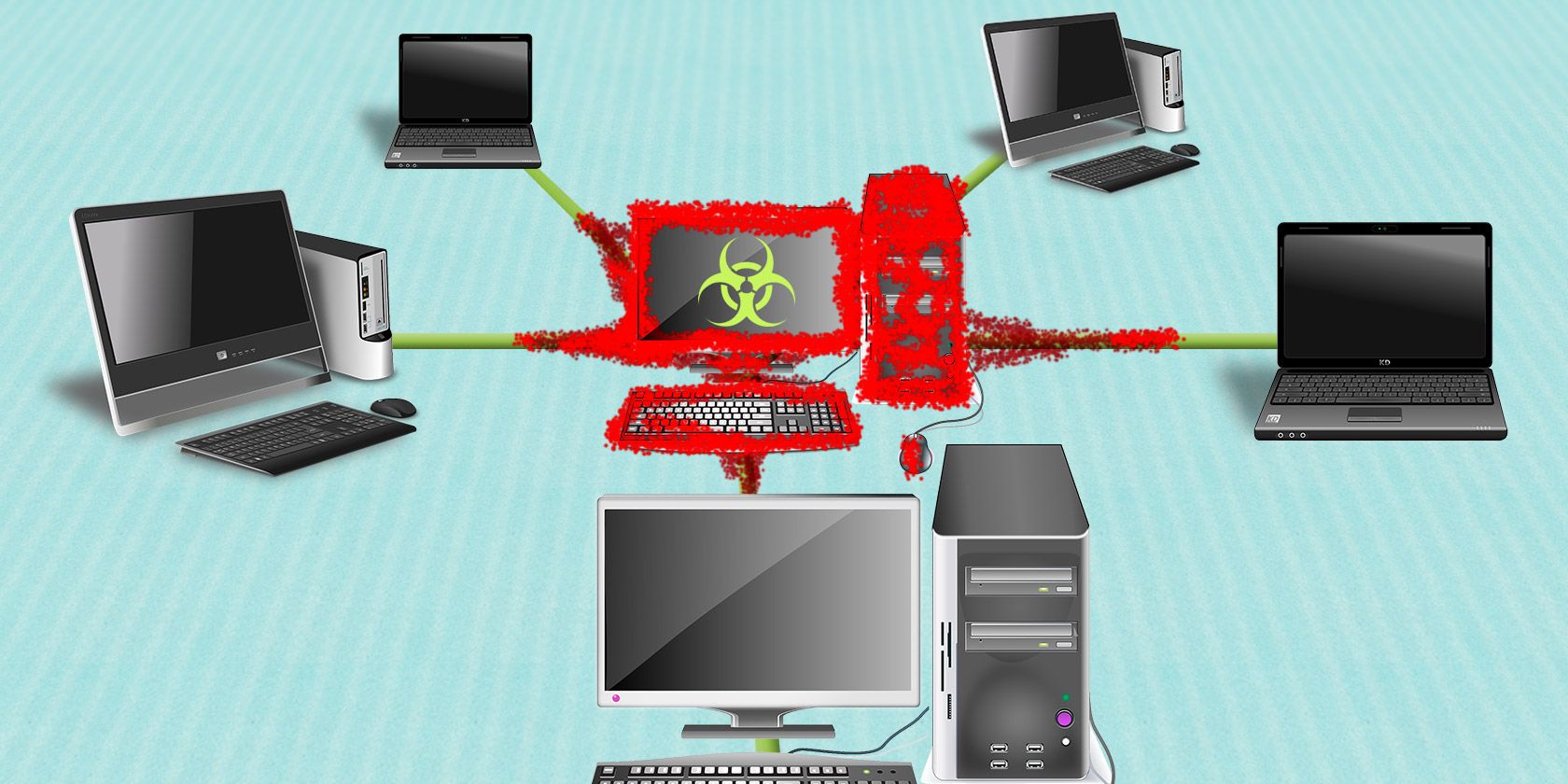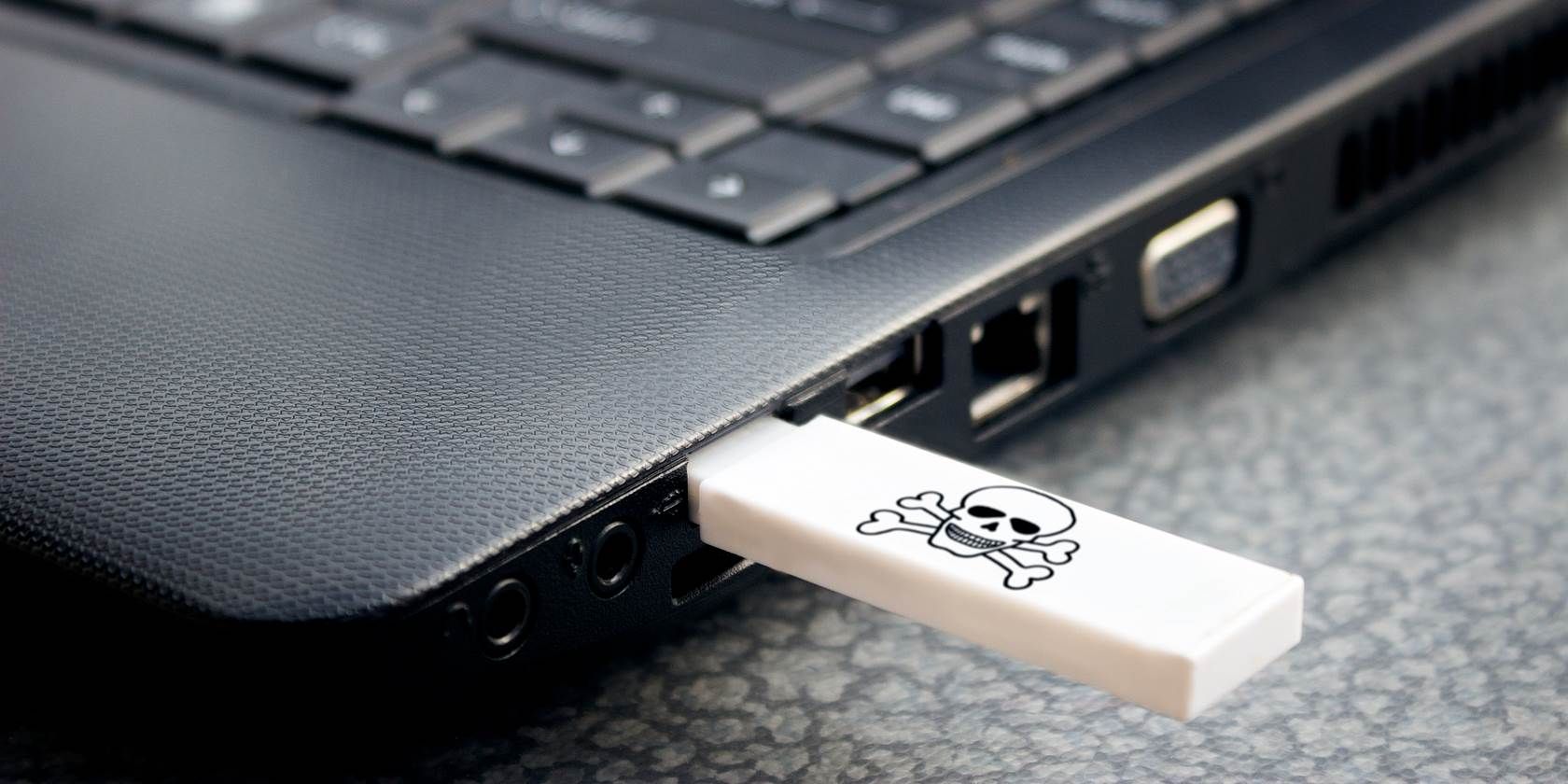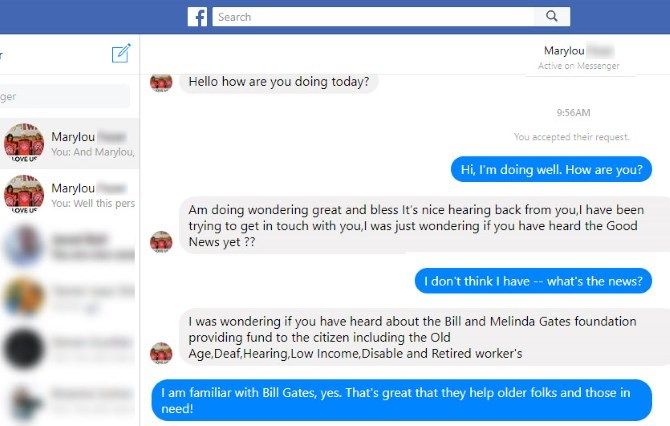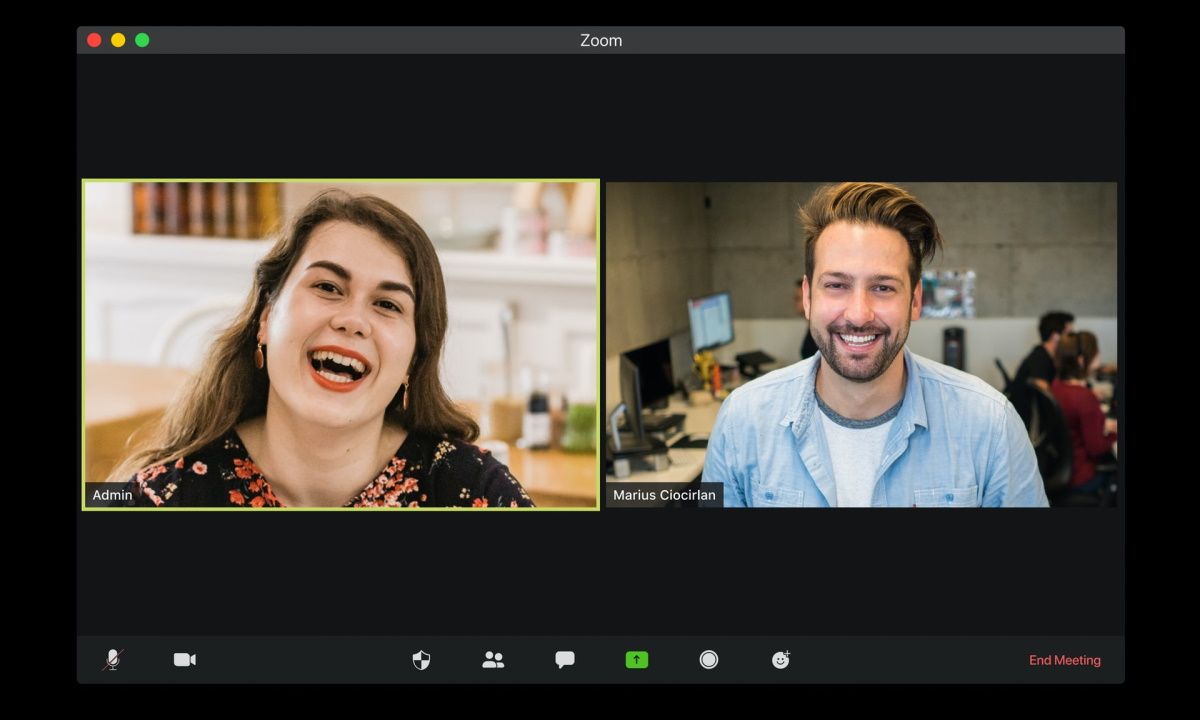Keeping your computer clean from malicious files is important for many reasons. But these aren’t only related to your own security; we’d argue that you have a personal duty to keep your system clean of infections.
Let’s look at how your computer security affects more people than just you in our interconnected world.
1. Your Devices Can Infect Others
Nobody wants to be the person who gets everyone else sick. But because of the way that malware can spread, it’s possible to do that digitally.
Say you don’t realize your computer is infected with a virus or other malware, and you prepare a USB flash drive with media you want to share with a friend. You could unknowingly pass on a copy of that infection to files on the USB drive. Then when your friend loads it onto their PC, they’ll have to deal with it too.
USB drives aren’t the only way malware spreads across systems. Some infections can jump to other machines on a Wi-Fi or wired network. Before you connect your PC to a friend’s home Wi-Fi, you should be sure that the computer is free of any malicious activity. Otherwise, your friend letting you hop on their Wi-Fi could turn out to be a big headache for them.
Whether you share files with others over cloud storage or a common network, it’s not cool to pass on an infection. It’s bad enough you have to deal with it; don’t make people you care about suffer too.
2. Infected Computers Can Join Botnets
Sometimes, the goal of malware isn’t to steal your data, but to use your computer’s resources for another purpose. A botnet refers to a large number of devices that are unknowingly under malicious control from a central source.
A malicious actor can use thousands of these “zombie computers” to carry out DDoS attacks, generate fake clicks on a website, send huge amounts of spam, and more. If you wouldn’t do these yourself, you don’t want someone else doing them for you, either.
Your negligence can help someone else make the internet a worse place. Keeping your computer updated and secure reduces the chance of your computer becoming a puppet for nasty activity.
3. You Might Embarrass Yourself and Your Friends
While wanting to avoid embarrassment falls under self-interest, this also extends to friends, family, or co-workers that you might pass malware onto.
If you pass someone a virus or other malware, and they found out it came from your PC, it doesn’t reflect well on you. Friends might roll their eyes at your poor Facebook security hygiene when they receive a phishing message from your hacked account on social media, but what will they think of you if you spread them malware that came from explicit or shady websites?
Some malicious actions could have worse consequences. If your email account gets taken over by a spammer and starts sending junk to everyone in your address book, you’ll look stupid. And if you were in the process of applying for a job or negotiating with a new client, this could cost you.
You’d feel even worse if this happened to a friend, or if your hacked account sends them infected attachments that they click on. Don’t represent yourself poorly by allowing your accounts to get hacked and thus spam your friends with dangerous fakes. Secure them so people know that having you as a contact isn’t a risk.
4. You Might Give Up Data on Your Friends
We’ve focused a lot on the consequences of allowing your desktop PC to pick up malware. But it’s not the only device that’s susceptible to hurting others when infected. Our smartphones store more data than we think, and this data is easy to share with the wrong entities.
One of the reasons why it’s so important to be vigilant about smartphone permissions is that granting permissions to an app can expose data about your friends. There have been many cases of apps harvesting everyone from a user’s contact book, then uploading their numbers and other data to their own servers.
In some cases, they’ll even sell the contact info to advertisers. You wouldn’t give your friends' phone numbers to shady salesmen, so you don’t want to hand them out to advertisers either.
That’s not the only form of data that can expose additional info about your contacts. Be cautious about sharing photos with apps, which could help them identify your friends and where you often visit (thanks to GPS metadata in photos).
5. No Computer, No Connections
Having your computer go down from ransomware or another crippling attack means you can’t use it until you fix the problem.
This becomes a pain if you rely on your PC for connecting with friends and other loved ones. You might miss a video call with your family across the country, not be available to edit your nephew’s resume, or have to miss your weekly gaming night with your friends because your PC is compromised. In these and similar cases, you’ll be disappointing someone you care about due to your own carelessness.
Missing an online get-together isn’t as bad as sending your friends malware, of course. But it’s still an avoidable consequence of letting your defenses drop. Keep your computer in good repair so it’s always ready for an emergency project or social function.
6. Infecting Your Work Computer Impacts Business
If your work PC succumbs to malware because you didn’t take precautions, you could cost your company time and money in several ways.
At best, the IT team will have to spend time cleaning up your old system and providing you with a temporary replacement. At worst, you could spread malware across the network and take down critical infrastructure that causes critical losses.
When you’re using a company-provided machine and connect to a business network, there are even greater risks due to the number of devices you come into contact with. Keep that in mind when you set your cybersecurity goals.
Keep Your Computer Safe to Protect Others
While some security issues only affect you, others can cause problems for others, too. This is why you should take securing your computers and mobile devices seriously; it’s a responsibility you have as a computer user.
If you need help improving in this area, check out how to improve your security mindfulness.




